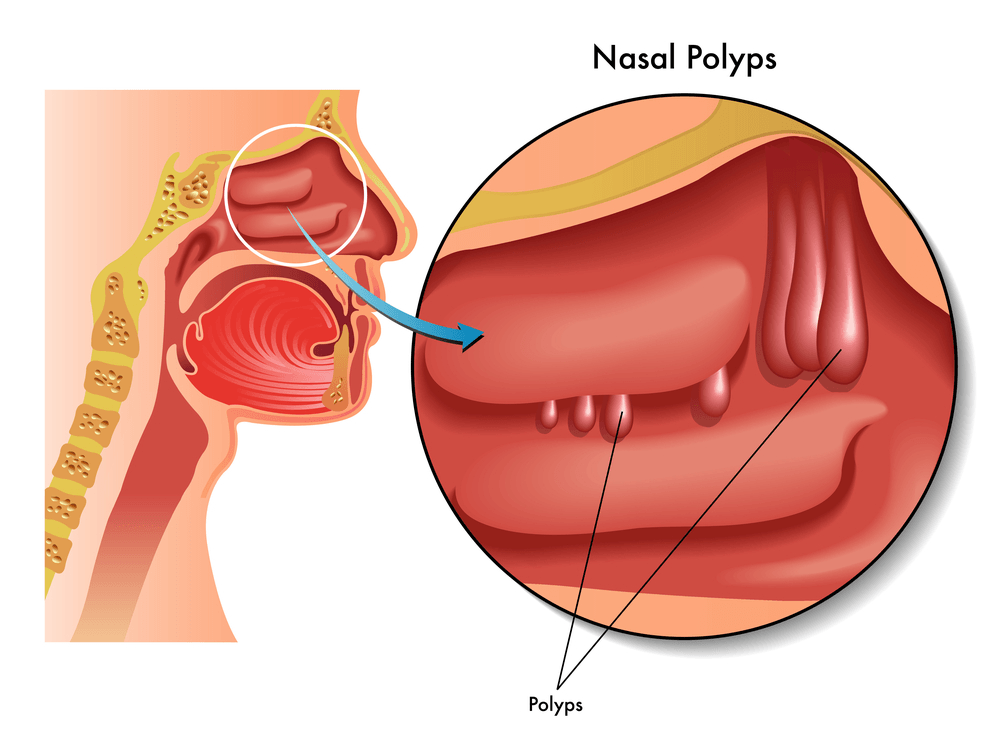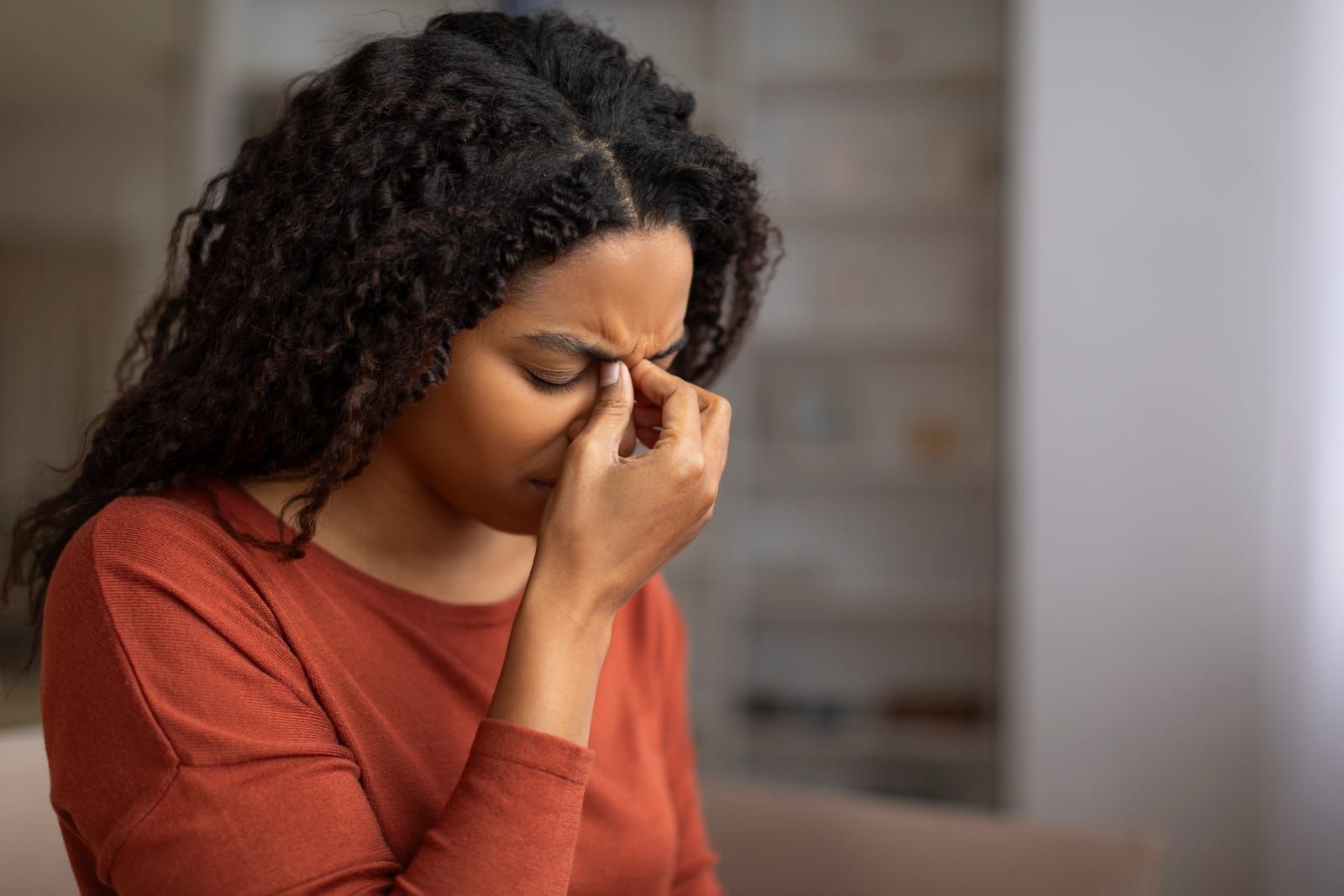How Can I Stop a Nosebleed Quickly?
A nosebleed can happen suddenly, leaving you unsure what to do. Today we will explore key facts about nosebleeds and an easy step-by-step guide to stop the bleeding quickly. You can apply these tips to help yourself or a loved one until you see a doctor.
Understanding Nosebleeds
A nosebleed, or epistaxis, refers to blood loss from the delicate tissue lining the nose. Although both nostrils may bleed, typically only one is affected. Nosebleeds are very common, affecting about 60 percent of people at least once in their lifetime. While bleeding from your nose can be alarming or embarrassing, it doesn’t always signal a serious problem. However, nosebleeds that start deeper in the nose or sinuses are more difficult to stop.
Why Is My Nose Bleeding?
Bleeding happens when tiny blood vessels in the nose break. Having a dry nose is the most common cause of this. Other causes include:
- Nose injury
- Picking your nose or blowing it too hard
- Nasal irritation due to dryness, allergies, or sinus problems
- Having a foreign object in your nose
- Overusing nasal medicines, e.g., decongestants
- Medical problems, e.g., nasal polyps or high blood pressure
How to Stop a Nosebleed Quickly Step-by-Step
You can treat most nosebleeds on your own by following these steps or you can check video here:
STEP 1. Sit up and stay calm: Sit upright to keep blood from flowing backward. Remain calm to keep your blood pressure from rising and making the bleeding worse.
STEP 2. Lean slightly forward: This helps keep blood from draining into your throat.
STEP 3. Pinch your nostrils: Using your thumb and index finger, pinch the soft tips of your nostrils together. This shuts them closed and adds pressure.
STEP 4. Add pressure for 5 to 10 minutes: Breathe through your mouth while adding pressure without releasing. Prolonged pressure on your nose works to slow and stop blood flow. Repeat step 4 for 5 to 10 minutes if bleeding continues.
Once the bleeding stops, avoid doing anything that can trigger blood flow. For example, touching or blowing your nose within 48 hours. If bleeding starts again, you may spray both nostrils with a nasal decongestant. Next, repeat step 4.
When to Seek Medical Attention
Call your doctor if:
- You experience frequent or heavy nosebleeds
- Your nosebleed lasts more than 20 minutes
- You hit your nose
- You have difficulty breathing
- You have a bleeding disorder
- You are taking blood thinners
The experts at the American Academy of Otolaryngology (AAO) recommend seeking emergency care if bleeding doesn't stop or you feel lightheaded or weak.
How an ENT Specialist Treats Nosebleeds
Your doctor may advise you to see an ear, nose, and throat (ENT, otolaryngologist) specialist for further tests and treatment. Nosebleed treatments by an ENT specialist include nasal packing, medication, closing the blood vessel, or sinus surgery.















